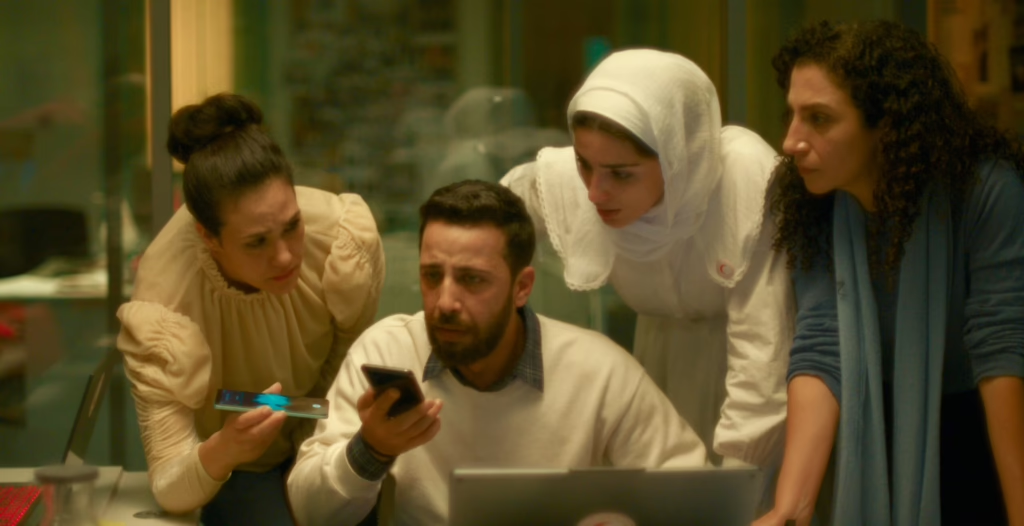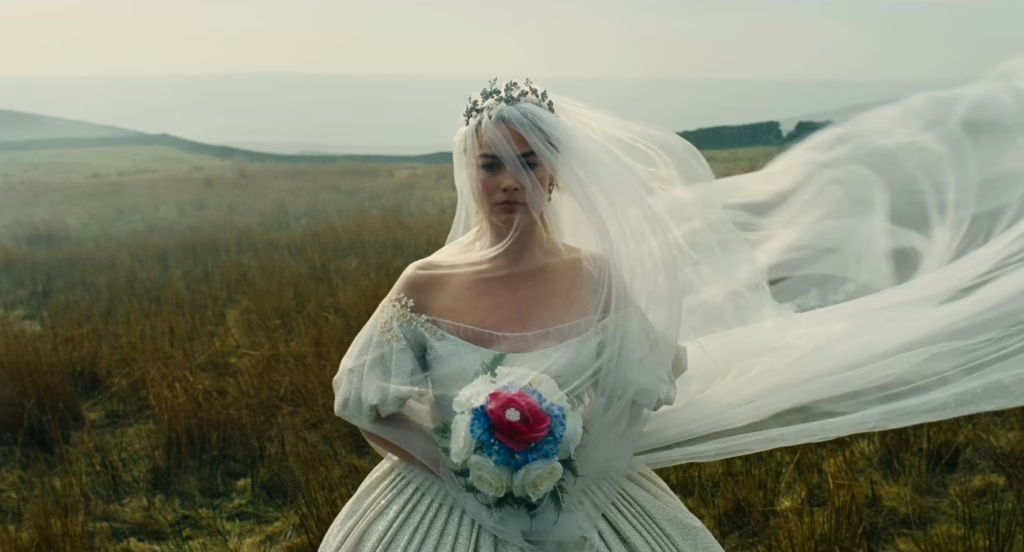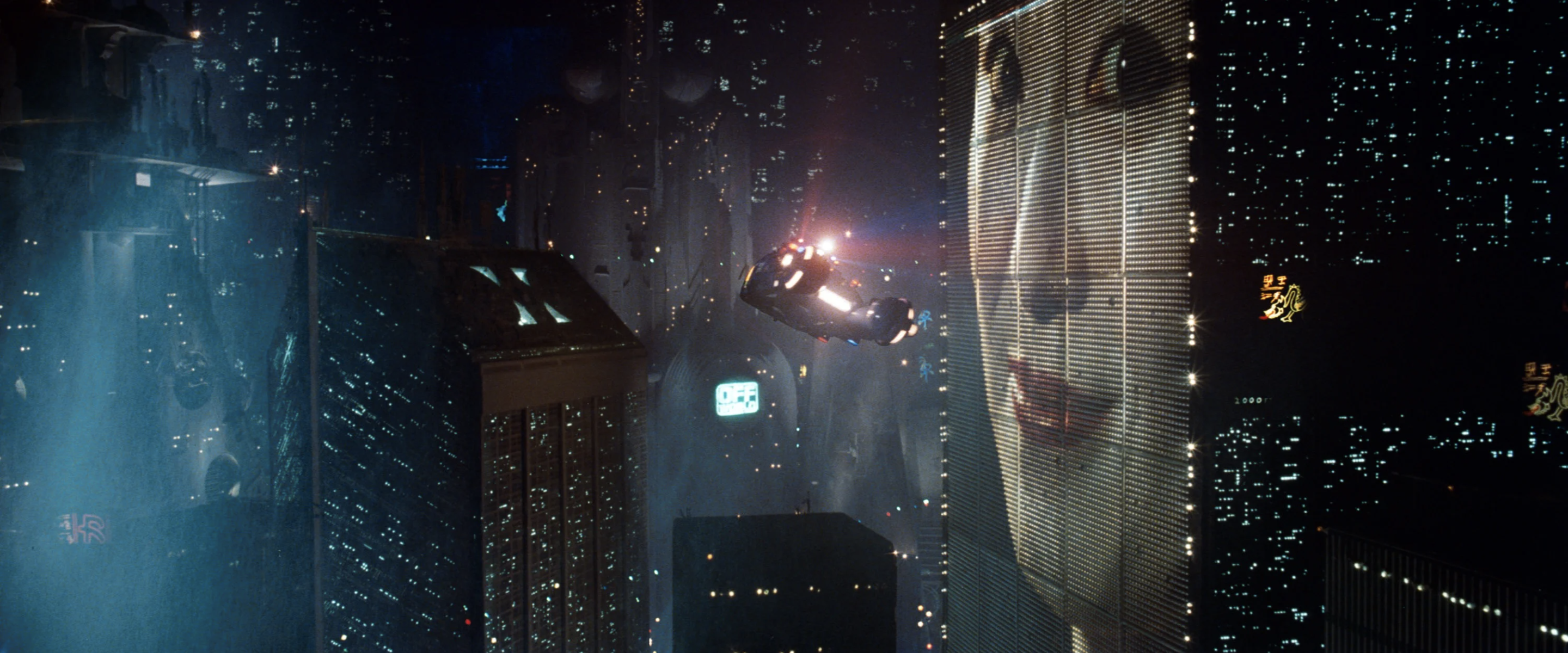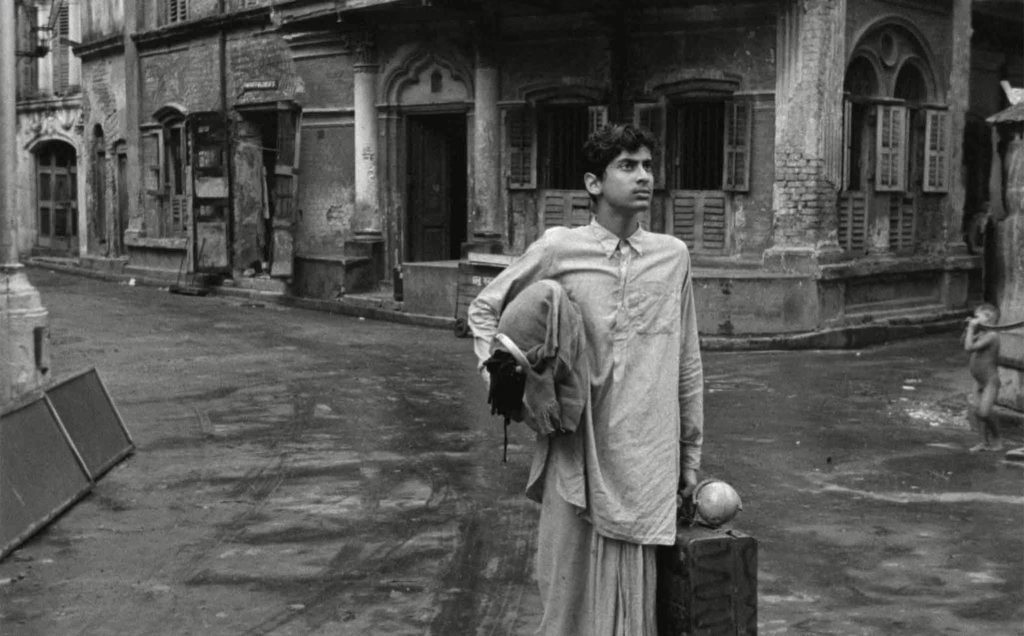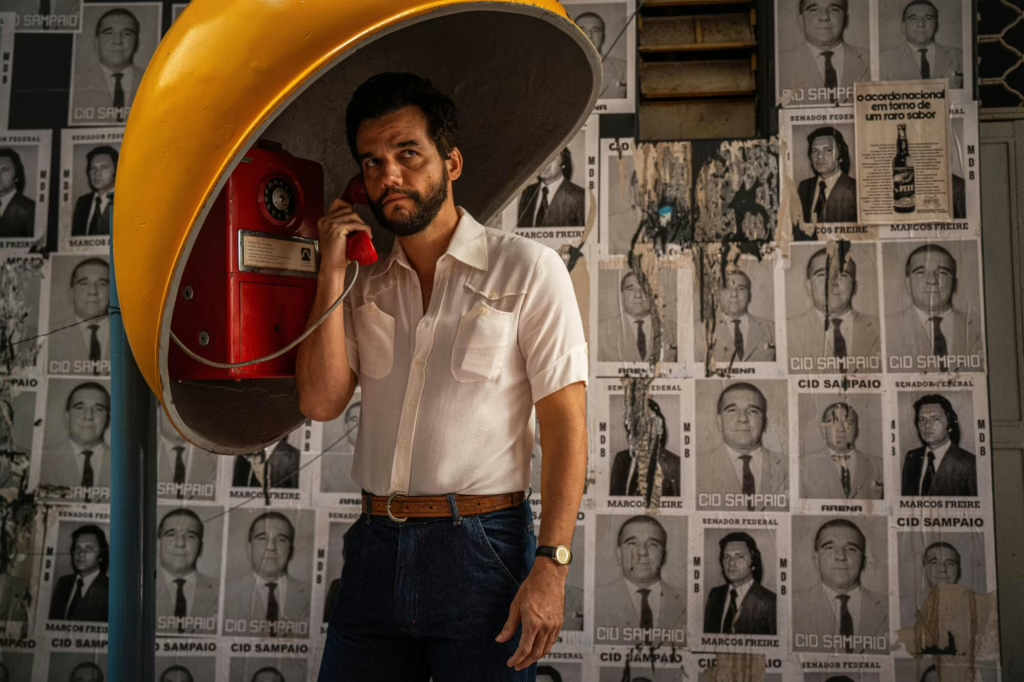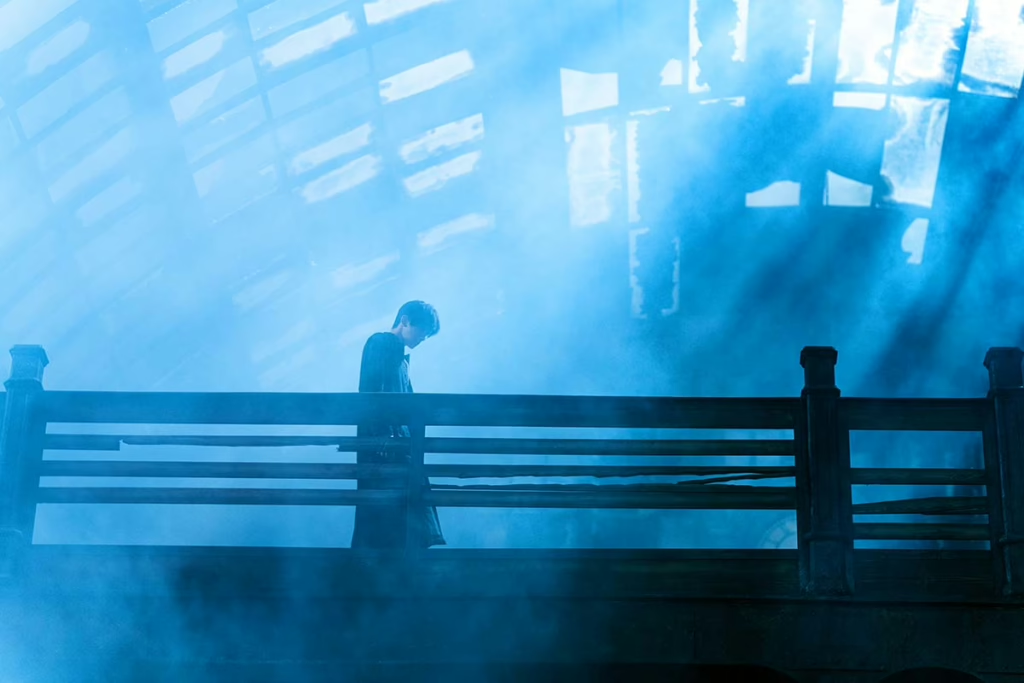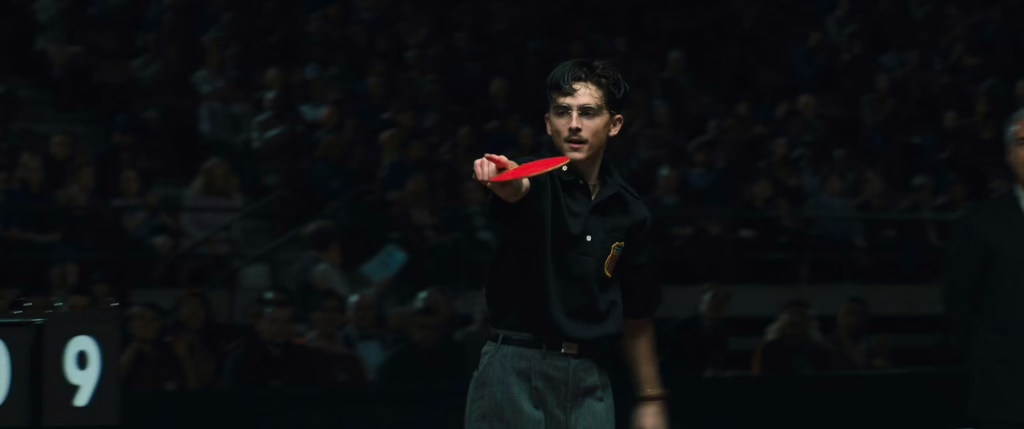The Voice of Hind Rajab (2025)
Confined to an emergency call centre, The Voice of Hind Rajab narrows in on the conversations between dispatch personnel and a young girl trapped in the Israeli assault on Gaza, using authentic audio recordings to anchor its dramatisation within a procedural, visceral reality.

